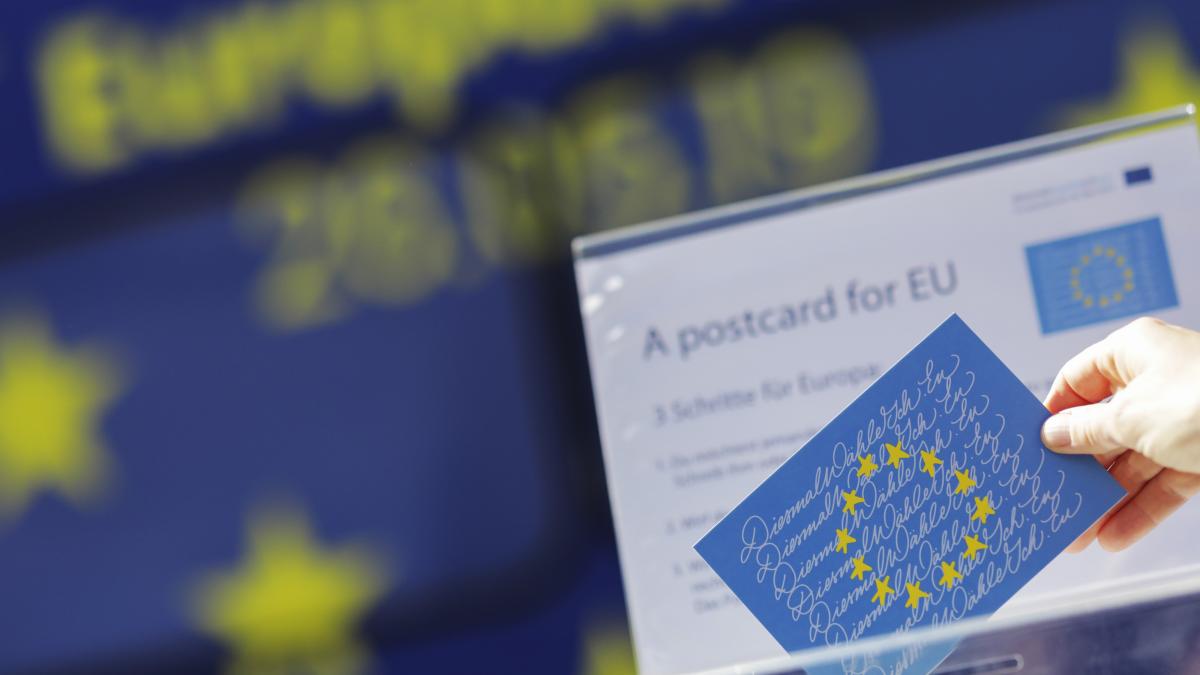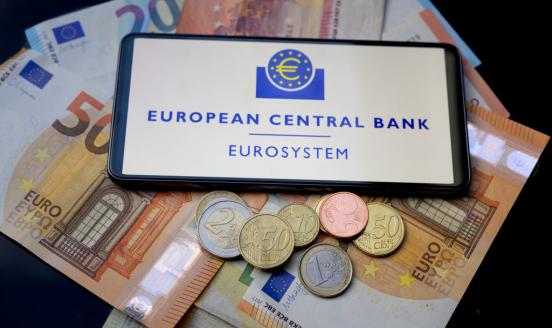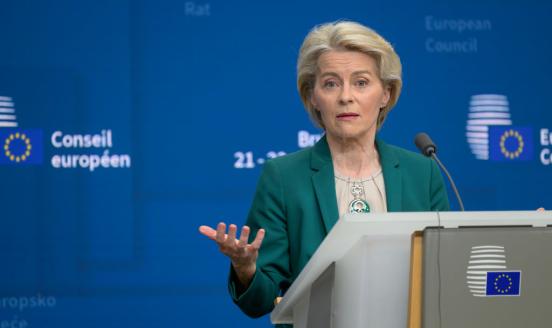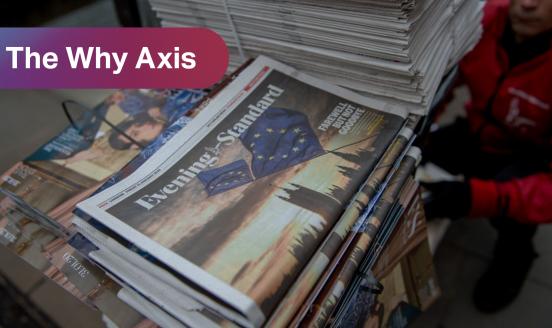Interest in European matters: a glass three-quarters full?
Everything that increases the interest of European citizens in the EU will serve to move the EU closer to its citizens.

The authors would like to thank Michael Leigh, André Sapir, Guntram Wolff, Nicolas Véron, Joris Melman and Lorenzo Benadusi for useful suggestions and comments. Klaas Lenaerts provided intelligent research assistance.
A disconnect between European Union integration and the level of interest of EU citizens in European matters is a potential weakness in the EU’s democratic foundations. The existence and possible size of this disconnect is a critical issue in assessing the potential for further integration of the EU and the risks to its stability.
To move beyond qualitative assessments of this disconnect, we use three indicators to measure EU citizens’ interest in Europe: turnout in European Parliament elections relative to national elections, Eurobarometer surveys of interest in Europe, and the presence of European news in national newspapers, relative to all published news. We interpret our empirical results using three frameworks: Putnam’s social capital concept, the agenda-setting hypothesis and the no-demos hypothesis.
All three indicators point to an increased interest in European matters, especially since the 1990s and the creation of the euro. However, this result does not settle the issue of whether the increased level of interest matches the actual state of integration of the EU’s member countries. Our results indicate the European construction maintains a technocratic character.
Recommended citation:
Papadia, F., E. Bergamini, E. Mourlon-Druol and G. Porcaro (2021) ‘Interest in European matters: a glass three-quarters full?’ Working Paper 05/2021, Bruegel



